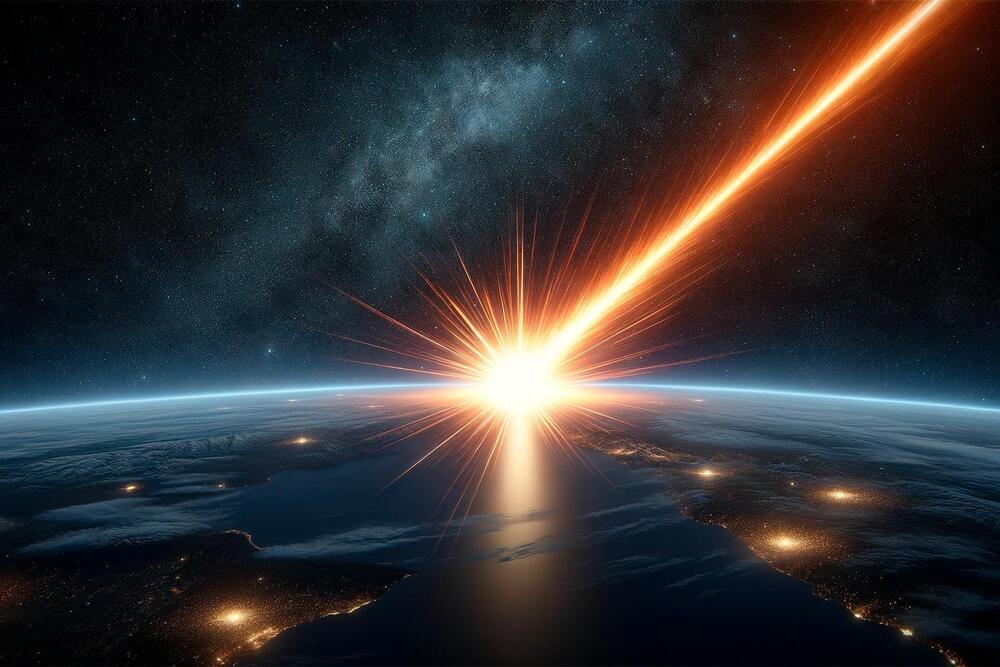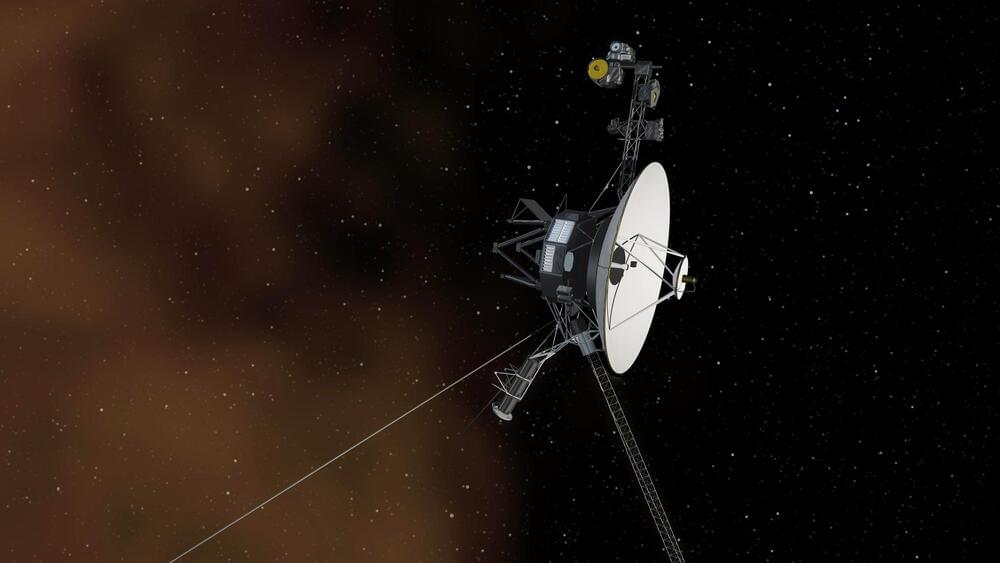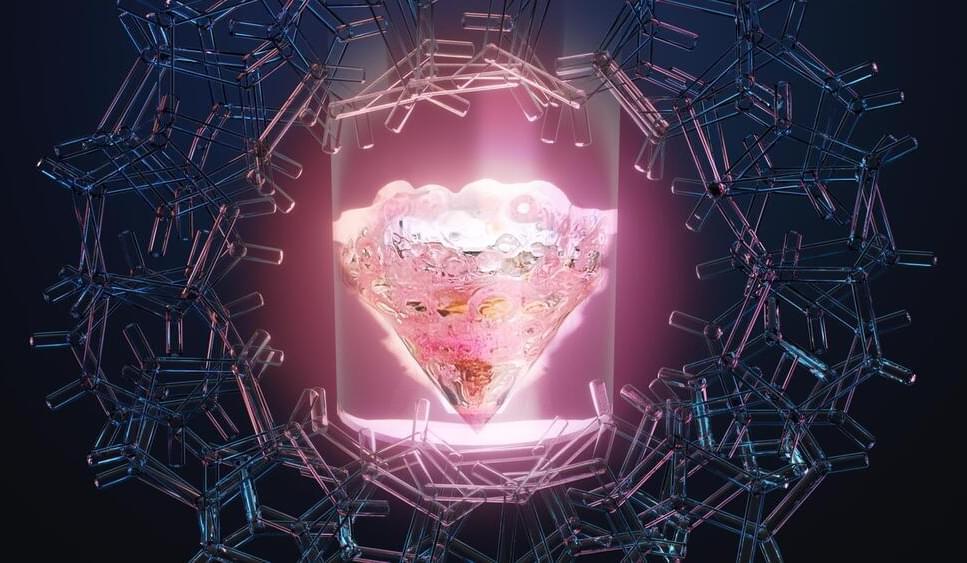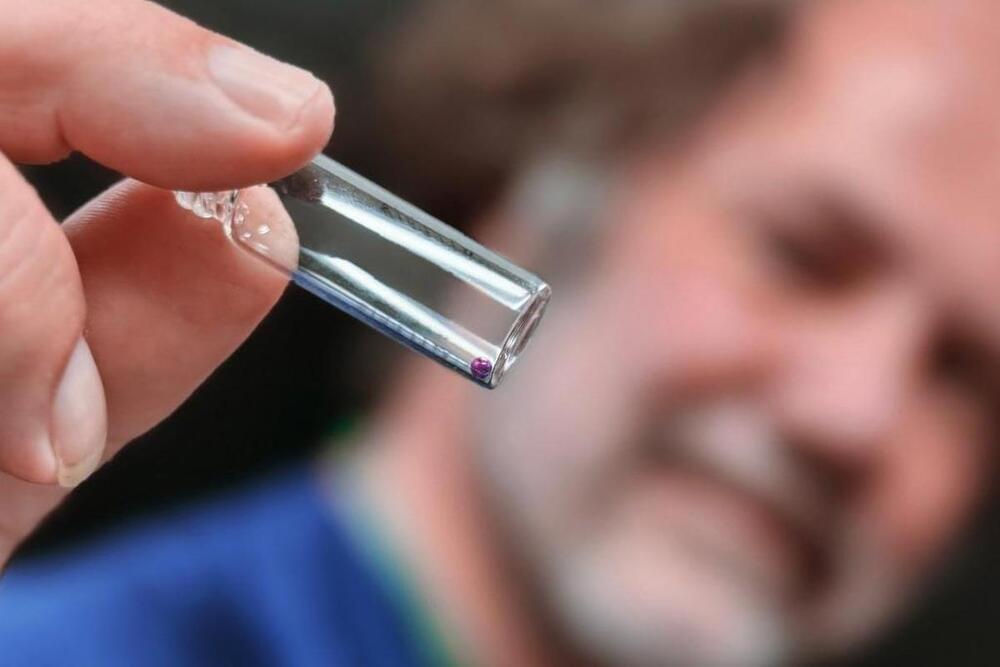May 24, 2024
Cosmic Ray Sheds New Light on 7,000-Year-Old Ancient Greek Settlement
Posted by Saúl Morales Rodriguéz in category: habitats
Researchers used dendrochronology and a radiocarbon spike from 5,259 BC to date a prehistoric Greek settlement to over 7,000 years ago. This new method enables precise dating for other Southeast European archaeological sites.
Researchers at the University of Bern have, for the first time, precisely dated a prehistoric settlement of early farmers in northern Greece to over 7,000 years ago. They achieved this by combining annual growth ring measurements on wooden building elements with a significant spike in cosmogenic radiocarbon dating to 5,259 BC. This method provides a reliable chronological reference point for numerous other archaeological sites in Southeast Europe.
Dating finds plays a key role in archaeology. It is always essential to find out how old a tomb, settlement, or single object is. Determining the age of finds from prehistoric times has only been possible for a few decades. Two methods are used for this: dendrochronology, which enables dating on the basis of sequences of annual rings in trees, and radiocarbon dating, which can calculate the approximate age of the finds by the decay rate of the radioactive carbon isotope 14 C contained in the tree rings.


















